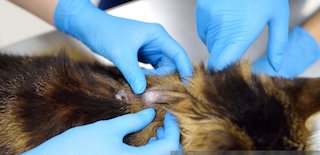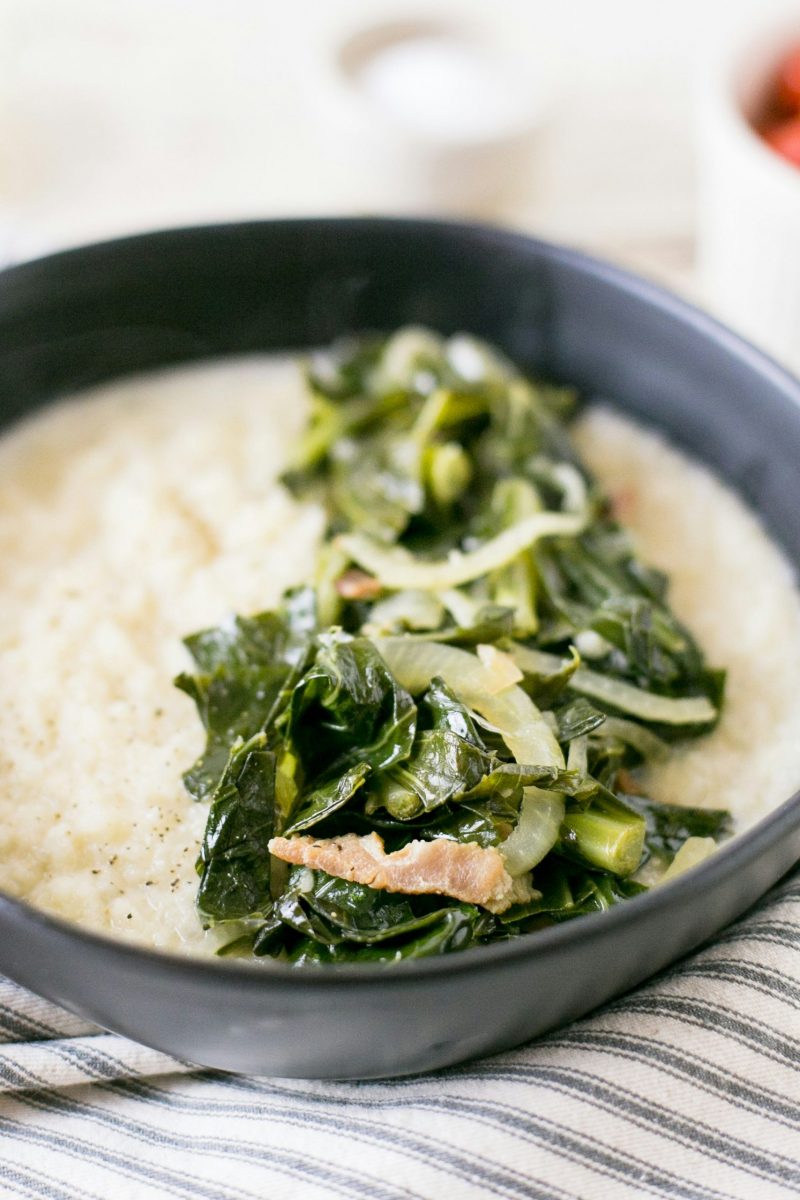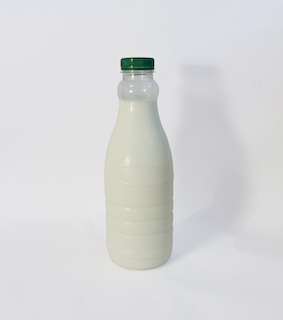Keep Your Dogs And Ringworm Apart

Keep Your Dogs And Ringworm Apart
Ringworm in dogs is a common fungal infection caused by dermatophytes, which are fungi that thrive on the outer layers of the skin, hair, and nails. Despite its name, ringworm has nothing to do with worms; rather, it gets its name from the characteristic circular or ring-shaped lesions it forms on the skin. Ringworm is contagious and can spread from pets to humans, making it important for pet owners to act quickly if they suspect their dog has this infection.
While veterinary treatments, such as anti fungal medications and topical ointments, are often necessary for severe cases of ringworm, many pet owners seek effective home remedies as part of the treatment process. Natural remedies can help manage the symptoms, alleviate discomfort, and speed up recovery, though they should always be used in conjunction with professional veterinary care, especially for severe or widespread infections.
This article explores the most effective home remedies for to keep dogs and ringworm apart, their benefits, and precautions to ensure your dog’s health and safety.
1) Apple cider vinegar for dogs and ringworm
Apple cider vinegar is widely known for its anti fungal properties and is a popular choice for treating various skin conditions in dogs, including ringworm. The acetic acid in ACV helps lower the pH of the skin, creating an inhospitable environment for fungi. ACV also has mild antiseptic properties, which can help soothe inflamed skin and prevent secondary bacterial infections.
How to use apple cider vinegar:
-
-
-
- Dilution: Mix one part apple cider vinegar with one part water to dilute it. If your dog has sensitive skin, you can dilute it further with more water.
- Application: Use a clean cloth or cotton ball to apply the diluted solution directly onto the affected areas of your dog’s skin. Gently dab the lesion areas with the solution, being careful not to irritate the skin.
- Frequency: Apply 1–2 times per day until symptoms improve.
-
-
Precautions:
-
-
-
- Do not apply undiluted ACV directly onto broken skin or open wounds, as it may cause irritation or burning.
- Always monitor your dog for any signs of allergic reactions or sensitivity.
-
-
2) Coconut oil
Coconut oil has become a go-to natural remedy for various skin conditions in pets due to its anti fungal, antibacterial, and anti-inflammatory properties. The medium-chain fatty acids in coconut oil, particularly lauric acid, have been shown to be effective against fungi like those responsible for ringworm. Additionally, coconut oil can help moisturise dry or flaky skin that is common with ringworm infections.
How to use coconut oil:
-
-
-
- Application: Gently massage the oil into the affected areas of your dog’s skin. You can also apply a thin layer to the infected areas 2–3 times per day.
- Ingestion: In addition to topical application, some pet owners add a small amount of coconut oil to their dog’s food. A small teaspoon or a tablespoon can be mixed into their meals to boost immunity and promote healing from within.
-
-
Precautions:
-
-
-
- While coconut oil is safe for most dogs, too much can cause digestive upset, so be mindful of the amount you use.
- If your dog is allergic to coconut or shows signs of sensitivity, discontinue use immediately.
-
-
3) Turmeric
Turmeric, especially its active compound curcumin, is known for its potent anti-inflammatory and anti fungal properties. Turmeric can help fight the fungal infection causing ringworm, reduce inflammation, and promote healing. Additionally, turmeric is believed to strengthen the immune system, which is important for helping your dog fight off infections.
How to use turmeric:
-
-
-
- Topical application: Make a paste by mixing turmeric powder with a small amount of water or coconut oil. Apply the paste directly to the affected areas on your dog’s skin. Leave it on for 10-15 minutes, then rinse gently with lukewarm water.
- Ingestion: You can also mix a small amount of turmeric powder into your dog’s food. However, be cautious with the amount you give, as too much turmeric can cause digestive upset.
-
-
Precautions:
-
-
-
- Turmeric can stain fabric, so be mindful of where your dog lies or plays after application.
- If your dog has a history of gallbladder problems or is on blood-thinning medication, consult with your veterinarian before using turmeric.
-
-
4) Aloe vera
Aloe vera is well-known for its ability to soothe irritated and inflamed skin, making it an excellent remedy for ringworm. Aloe vera has antifungal, anti-inflammatory, and antimicrobial properties that can help relieve itching and discomfort associated with ringworm. It also accelerates healing, making it an ideal choice for helping your dog recover from the infection.
How to use aloe vera:
-
-
-
- Topical application: Use fresh aloe vera gel or purchase a pet-safe aloe vera gel. Apply a thin layer of gel directly to the affected area. You can repeat this 2–3 times a day to help soothe the skin and promote healing
- Fresh aloe vera: If you have an aloe vera plant, cut a leaf, extract the gel, and apply it directly to your dog’s skin. Make sure the gel is free from any additives or chemicals that could be harmful to your dog.
-
-
Precautions:
-
-
-
- Ensure that the aloe vera gel you use is free from harmful chemicals like alcohol, fragrances, or other additives, as these can irritate your dog’s skin.
- If your dog shows signs of an allergic reaction (such as redness, swelling, or discomfort), discontinue use immediately.
-
-
5) Oregano oil
Oregano oil is a powerful antifungal and antimicrobial agent. It contains compounds like carvacrol and thymol, which are known to be effective in combating fungal infections, including those caused by ringworm. Oregano oil can be a very strong remedy, so dilute it properly before applying it to your dog’s skin.
How to use oregano oil
-
-
-
- Dilution: Dilute oregano oil with a carrier oil such as coconut oil or olive oil. A safe dilution ratio is 1-2 drops of oregano oil to 1 tablespoon of carrier oil.
- Application: Apply the diluted oil to the affected areas of your dog’s skin. Gently massage it in, but avoid using excessive amounts, as oregano oil is potent.
- Frequency: Use this treatment once or twice daily until the infection clears.
-
-
Precautions:
-
-
-
- Oregano oil is very concentrated, and undiluted oil can cause irritation or burns. Always dilute it thoroughly before use.
- If your dog has a sensitivity to oregano or other essential oils, discontinue use immediately and consult your veterinarian.
-
-
6) Tea tree oil
Tea tree oil is another potent antifungal essential oil that can be used to treat ringworm in dogs. It has natural antifungal, antibacterial, and antiseptic properties that can help reduce the spread of infection, soothe irritated skin, and promote healing. However, tea tree oil is quite powerful, so it must be diluted properly to ensure safety.
How to use tea tree oil:
-
-
-
- Dilution: Dilute tea tree oil with a carrier oil, such as coconut oil or olive oil. A safe ratio is 1 drop of tea tree oil for every tablespoon of carrier oil.
- Application: Apply the diluted tea tree oil to the infected areas of your dog’s skin. Avoid applying too much, as the oil’s potency can be overwhelming.
- Frequency: Apply once or twice daily, depending on your dog’s reaction to the treatment.
-
-
Precautions:
-
-
-
- Tea tree oil is toxic to dogs when used in high concentrations or ingested. Always dilute it well and never allow your dog to lick areas treated with tea tree oil.
- If your dog shows signs of irritation, such as excessive scratching or redness, discontinue use immediately.
-
-
7) Lime sulfur dip
Lime sulfur dips have been used for decades as a treatment for ringworm and other skin conditions in animals. Lime sulfur has antifungal, antiseptic, and antiparasitic properties that help eliminate the fungi causing ringworm. While not exactly a home remedy, lime sulphur is often used as a natural alternative to prescription medications.
How to use lime sulphur dip:
-
-
-
- Dilution: Lime sulfur dips are typically purchased in concentrated form and need to be diluted with water according to the manufacturer’s instructions.
- Application: After dilution, apply the solution to your dog’s fur and skin, ensuring that the affected areas are thoroughly covered.
- Frequency: Lime sulphur dips can be used every 7-10 days, but it’s important to follow your veterinarian’s guidance on how often to use it.
-
-
Precautions:
-
-
-
- Lime sulphur has a strong odor, and it may stain certain fabrics or surfaces, so it’s best to use it in a well-ventilated area.
- Always follow the manufacturer’s instructions carefully to ensure proper dilution and safety.
-
-
8) Dietary support
A strong immune system is essential for fighting off infections, including ringworm. Feeding your dog a balanced, nutritious diet can help strengthen their immune system and speed up recovery from fungal infections. Look for foods rich in omega-3 fatty acids, vitamin E, and zinc, which support skin health and immune function.
How to Support Your Dog’s Diet:
-
-
-
- Omega-3 fatty acids: Add fish oil or flaxseed oil to your dog’s diet. These oils have anti-inflammatory properties and can help boost skin health.
- Vitamin E: Vitamin E is important for skin health and can be added as a supplement or found in certain dog foods.
- Zinc: Zinc is essential for immune function and skin health. You can add zinc-rich foods such as lean meats and whole grains to your dog’s diet or consider a zinc supplement if recommended by your veterinarian.
-
-
Home treatment
While veterinary treatment remains the most effective way to treat severe cases of ringworm in dogs, many pet owners seek natural home remedies to manage mild infections and complement professional care. Apple cider vinegar, coconut oil, turmeric, aloe vera, oregano oil, tea tree oil, lime sulfur dips, and dietary support are all proven home remedies that can help treat ringworm in dogs.
However, approach these remedies with caution. Always ensure that treatments are properly diluted and monitor your dog for any signs of irritation or allergic reactions. If your dog’s condition worsens or does not improve after using home remedies, consult your veterinarian immediately. With the right care and attention, most dogs can recover from ringworm and lead healthy, happy lives.



